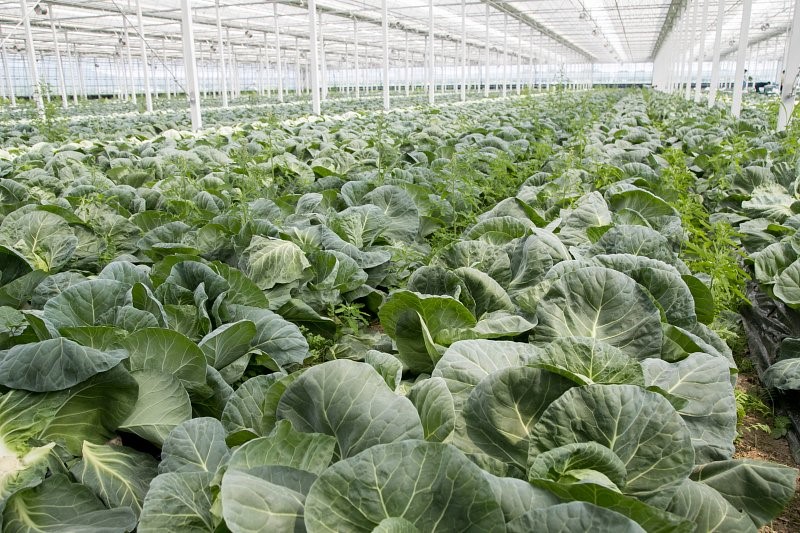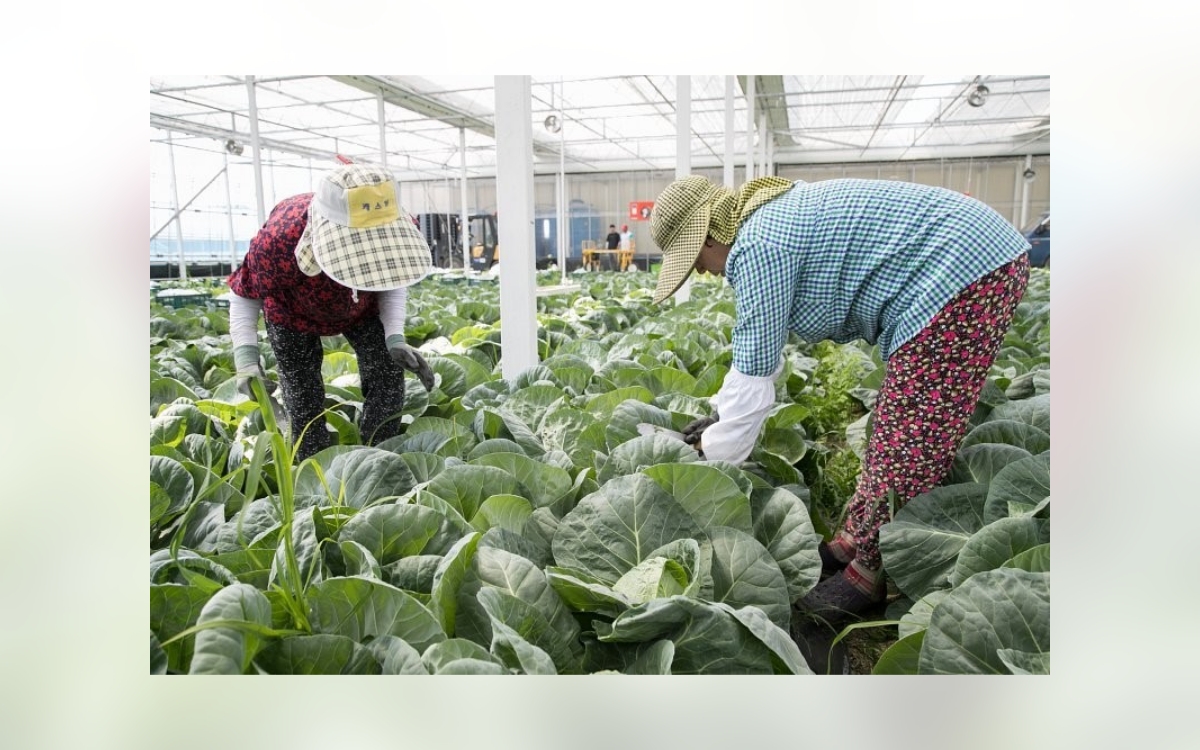GUNSAN City’s Agricultural Technology Center (GCAT) has strengthened its resolution to protect sustainable agriculture and clean rural areas. GCAT announced carbon-neutral farming practices and no plastic movement as an active solution. The Korea Federation of Life Improvement and the city’s local government are running mate of the campaign. This movement is going under “protecting sustainable agriculture and clean rural areas.”
The organisations plan to adopt and implement 12 practical tasks, including the collection of agricultural waste products (such as vinyl waste), not using disposable products, and practicing “No plastic” campaign, along with a commitment to ensure carbon neutrality in agriculture and rural areas. It is planned that 1,500 members from three organisations: Gunsan City Federation for Life Improvement, the Rural Leaders Federation, and the 4-H Federation. The 4-H, standing for head, heart, hand, and health, is a world-class youth private organisation to improve agricultural structure and rural life. All groups participated in the resolution meeting held on January 19th, 2022. The Agricultural Technology Centre plans to promote participation in the mandatory collection of plastic bottles through tour education for female farmers in Eup, Myeon, Dong, and share natural scrubbers to 12 Eup, Myeon, Dong life improvement members.
The Gunsan City Association has collected farming waste material (left unattended in rural areas for 17 years), and has also been striving to implement a carbon-neutral principle through effective micro-organisms (EM) discharge events to save small rivers and practice making eco-friendly detergent.
The chairperson of the Korea Federation for Life Improvement, said, “We will continue to make rural areas, which are the home of farmers’ lives, eco-friendly and clean with one mind.”
The director of the Agricultural Technology Centre, said, “We will continue to carry out various activities so that carbon-neutral farming activities to reduce greenhouse gases, such as mid-season drainage from rice field and using nitrogen in the agricultural sector, can spread to all farmers.”












